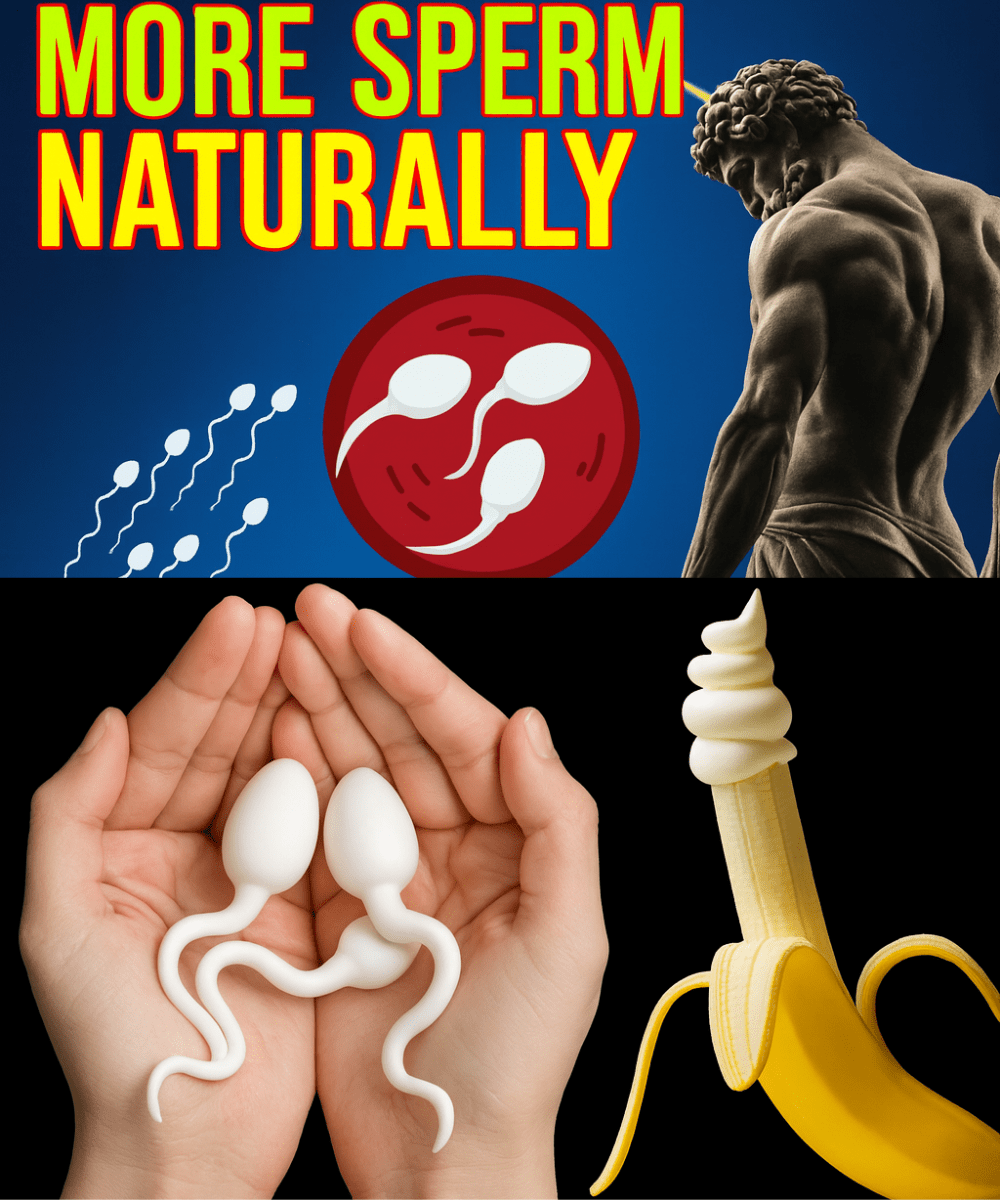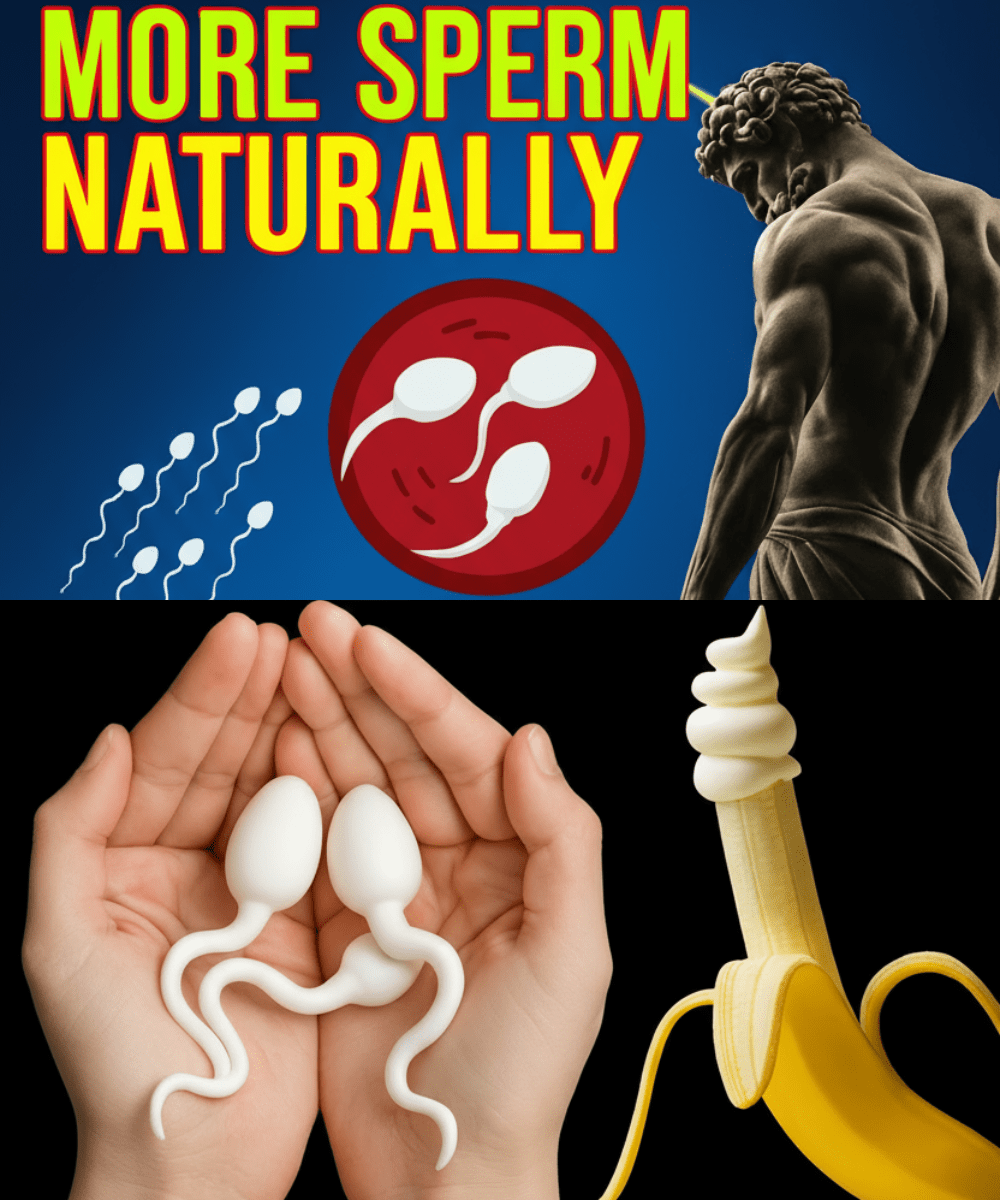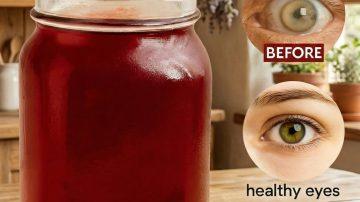When a couple faces challenges conceiving, the conversation often centers on the female partner. Yet, the truth is clear: male factors account for a staggering 40–50% of infertility cases globally. At the core of male reproductive health is sperm quality—a complex, vital blend of count, motility (movement), morphology (shape), and DNA integrity.

The exciting news is that while medical treatments are available, the most accessible and effective tool for improving sperm health lies right on your dinner plate. Diet, antioxidants, and specific mineral intake directly influence sperm production, which takes roughly 74 days to complete. What you eat today shapes the health of the sperm you will produce three months from now.
Are you ready to stop focusing solely on external factors and start fueling your fertility from within? Read on to discover the 6 powerful foods and habits backed by science that can optimize sperm vitality, boost natural testosterone production, and lay the foundation for a successful conception journey.
🔬 The Blueprint of Sperm Health: Understanding the Nutritional Pillars
Healthy sperm require a constant supply of specific micronutrients to protect their structure and ensure strong movement.
Key Factors Influenced by Diet:
- Sperm Count: The total number of sperm (low levels linked to Zinc deficiency).
- Motility: The speed and directional movement needed to reach the egg (linked to Omega-3s and circulation).
- Morphology: The proper size and shape (linked to antioxidants like Vitamin E).
- DNA Integrity: The quality of the genetic material (protected by Folate and antioxidants).
👑 The 6 Pillars: Essential Foods to Fuel Fertility
1. 💧 Hydration: The Foundation of Fertility and Motility
- The Science: Seminal fluid, the medium that transports sperm, is primarily water. Dehydration immediately reduces the fluid volume and increases its viscosity (“thickness”).
- The Benefit: Proper hydration ensures optimal semen volume and maintains the fluid quality necessary for sperm to swim swiftly and effectively toward the egg.
- The Habit: Aim for 8–10 cups (2–2.5 liters) of water daily. Monitor urine color—pale yellow signals proper hydration.
2. 🦪 Zinc-Rich Foods: The Testosterone and Count Powerhouse
- The Science: Zinc is critical for testosterone synthesis and the structural development of the sperm tail and outer membrane. Low zinc levels are consistently correlated with reduced sperm count and poor motility.
- The Benefit: Boosting zinc intake directly supports the production of healthy sperm and ensures optimal male hormone levels.
- Top Sources: Oysters (the single best source), Red Meat (beef, lamb), Pumpkin Seeds, Cashews, and Legumes (lentils, chickpeas).
3. 🌰 Walnuts & Almonds: Motility and Antioxidant Armor
- The Science: Nuts are nutrient-dense powerhouses that deliver essential fats and antioxidants directly to the reproductive system.
- Walnuts: Rich in Omega-3 Fatty Acids (ALA), which are scientifically proven to improve sperm motility and vitality by enhancing membrane fluidity. They also provide L-Arginine, which supports blood flow.
- Almonds: High in Vitamin E, a powerful antioxidant.
- The Benefit: A daily serving of these nuts acts as an antioxidant armor, protecting sperm membranes from oxidative stress, improving movement, and supporting better morphology.
- The Habit: Consume a daily mix of 60 grams of walnuts and almonds (about two small handfuls) as a snack, or blend into smoothies.

4. 🌿 Asparagus: Antioxidant Armor for Sperm DNA
- The Science: Asparagus is loaded with two compounds vital for protecting genetic material: Folate (Vitamin B9) and the master antioxidant Glutathione.
- The Benefit: Folate is essential for DNA synthesis and cell division. Glutathione directly neutralizes the free radicals that can damage sperm DNA, ensuring the integrity of the genetic payload for fertilization.
- The Habit: Lightly steam or sauté asparagus to retain nutrient content. Pair with lean proteins for optimal absorption.
5. 🧄 Garlic: Nature’s Circulation and Testosterone Booster
- The Science: Garlic’s active compound, Allicin, and its sulfur compounds are multi-functional. They are known to enhance blood circulation throughout the body, including the reproductive organs.
- The Benefit: Improved circulation means enhanced nutrient delivery to the testes and may support the natural production of testosterone, which is essential for spermatogenesis (sperm production).
- The Habit: Consume 1–2 raw cloves daily (crushed and mixed with honey or olive oil) to activate maximum allicin.
6. 🍫 Dark Chocolate: A Sweet Fertility Ally
- The Science: High-quality dark chocolate (70%+ cocoa) contains two fertility-enhancing compounds: L-Arginine and Flavonoids.
- The Benefit: L-Arginine is converted into nitric oxide (NO), which helps relax blood vessels, enhancing circulation to the reproductive area. Flavonoids act as powerful antioxidants that shield sperm from damage.
- The Habit: Enjoy a small square (20–30 grams) of 70%+ cocoa dark chocolate as an antioxidant-rich treat.
🧬 The Holistic Strategy: Lifestyle Factors That Complete the Picture
Sperm health is a collaborative effort. These nutritional changes must be reinforced by positive lifestyle habits to maximize results.
- Timeframe: Commit to these dietary changes for 90 days. This covers the entire cycle of sperm production and maturation.
- Movement is Key: Exercise regularly (especially resistance training) to improve circulation and naturally support testosterone levels.
- Optimize Recovery: Aim for 7–9 hours of quality sleep nightly, as testosterone production peaks during deep sleep.
- Manage Stress: Chronic stress releases high levels of cortisol, which actively suppresses testosterone. Integrate stress management techniques (meditation, walking).
- Avoid Environmental Toxins: Limit exposure to plastics (BPA), pesticides, and excessive heat (laptop on lap, hot tubs), which can disrupt sperm development.
❓ FAQs on Male Fertility Nutrition
- Q: How long until I see results?
- A: Since sperm take 74 days to produce, expect significant improvements in motility and count after 2 to 3 months of consistent dietary and lifestyle changes.
- Q: Should I avoid soy?
- A: Moderate soy intake is generally safe. The key is balance; avoid excessive consumption of unfermented soy products that contain high levels of phytoestrogens, which could theoretically affect hormone balance in sensitive individuals.
- Q: Can supplements replace food?
- A: Supplements can correct a diagnosed deficiency (like severe Vitamin D or Zinc deficiency), but whole foods provide synergistic nutrients and antioxidants that pills alone cannot match.
👑 Conclusion: Fuel Your Fertility Naturally
Male fertility is an expression of overall quality, vitality, and health. By incorporating the power of Zinc, Omega-3s, Folate, and potent circulation boosters into your daily life, you are providing your body with the fundamental building blocks to enhance reproductive health.
Remember: What you choose to eat today is literally building the health of your sperm tomorrow. Fuel your body wisely, and you will be laying the foundation for a stronger, more confident future.






